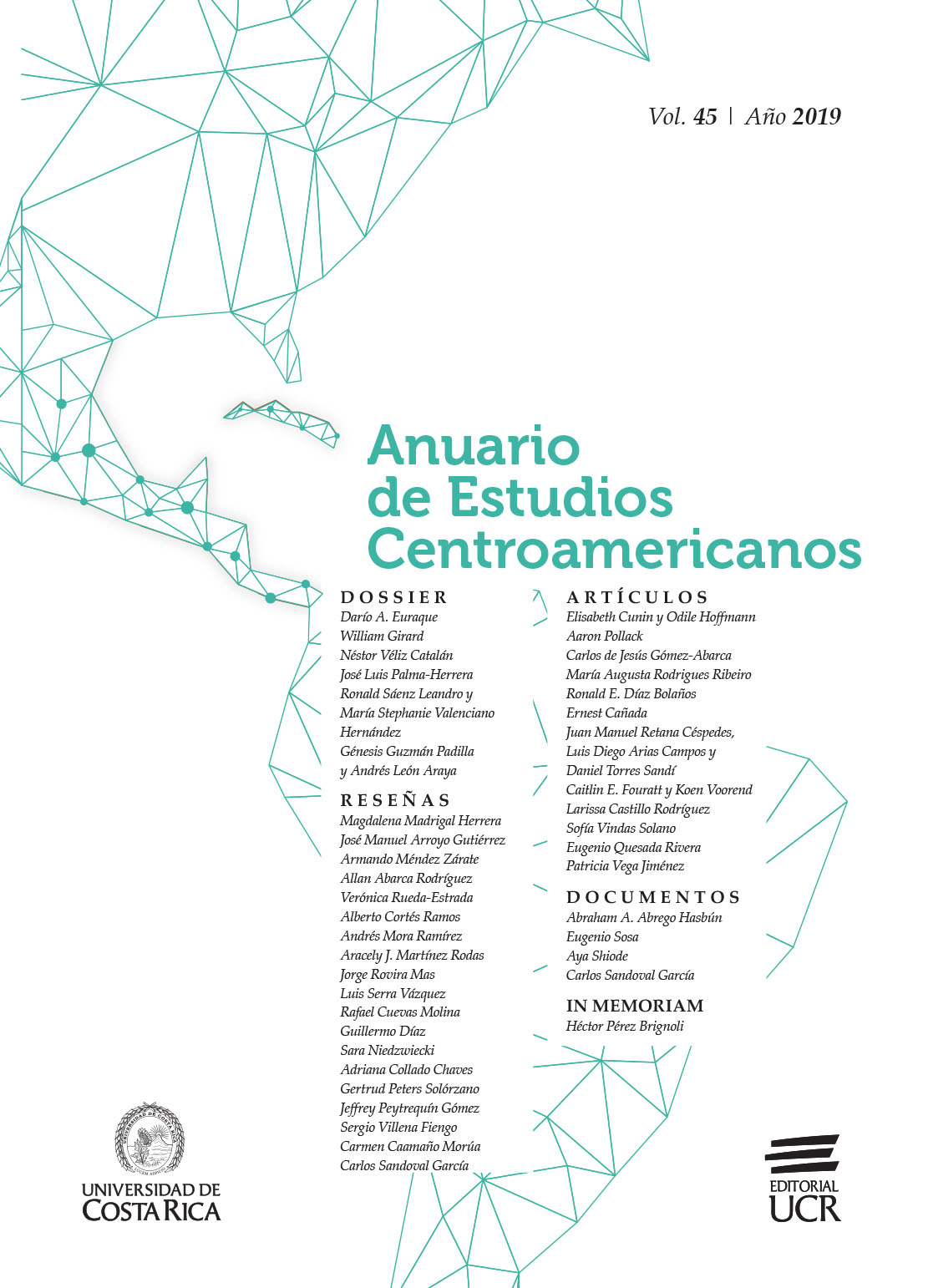Abstract
This document reports a part of interviews conducted with three Nicaraguan migrant women in irregular situations, regarding their life and changes over the course of ten years between 2008 and 2018. The interviews were conducted during October and November 2018 on one of the main coffee cultivation areas in Costa Rica, Turrialba. The histories told by these three women show the difficult reality which surrounds them, but it also shows their courage and resilience in aiming for a dignified and hope-filled life.
References
Cerdas, D. “30.000 familias todavía se ganan el sustento en cogidas de café”. La Nación, 18 de diciembre de 2016. Recuperado de https://www.nacion.com/el-pais/30-000-familias-todavia-se-ganan-el-sustento-en-cogidas-de-cafe/WNJ3BIOEXRC4FN3GNGDFWFR5SU/ story/
Naciones Unidas. Los derechos económicos, sociales y culturales de los migrantes en situación irregular, 2014. Recuperado de https://www.ohchr.org/Documents/Publications/ HR-PUB-14-1_sp.pdf
Instituto del Café de Costa Rica. El mejor café del mundo. Recuperado de http://www.icafe.cr/ nuestro-cafe/el-mejor-cafe-del-mundo
Organización Internacional para las Migraciones. N°7 Glosario sobre Migración, 2006. https:// publications.iom.int/system/files/pdf/iml_7_sp.pdf
Shiode, Aya. A Field Work Report on Nicaraguan Working Female Migrants on a Coffee Farm in Eastern Costa Rica. The Bulletin of Global Human Studies (2010): 119-132.
Shiode, Aya. Nicaraguan migrants in Costa Rica: case of working women in coffee farms. The Bulletin of Global Human Studies (2009): 73-81.


